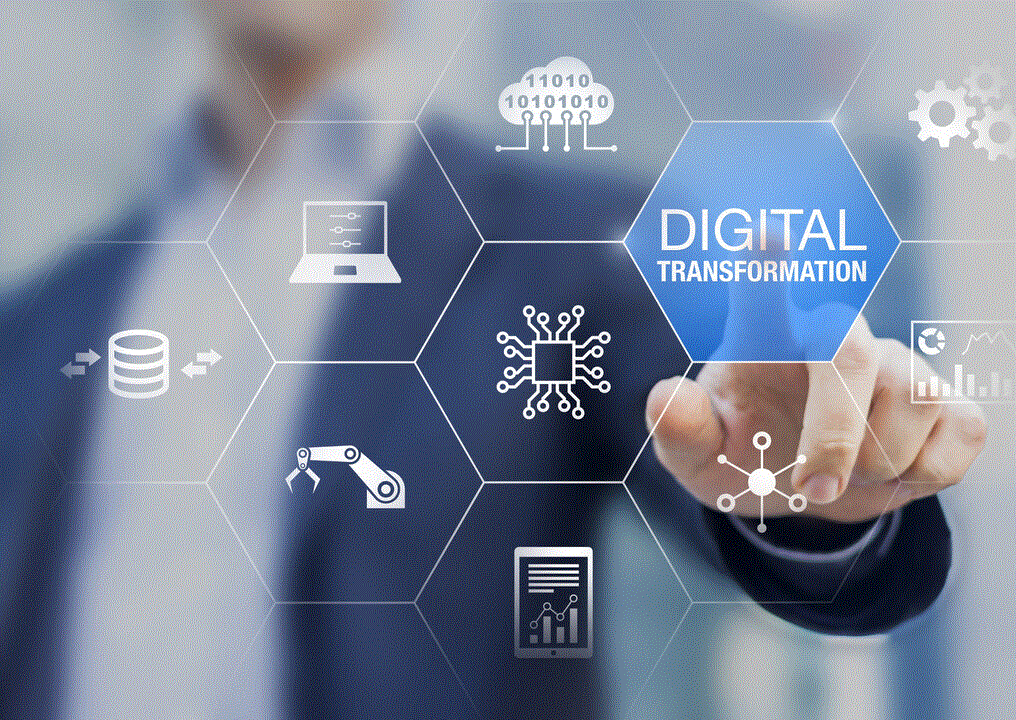Health transformation is an important milestone in the history of Indonesia’s journey towards becoming a developed nation. Not only in big cities, but health transformation must also reach all corners of Indonesia, including remote, underdeveloped areas, borders, and islands. This is our common goal.
In the rapidly evolving landscape of global healthcare, the need for a comprehensive digital transformation in Indonesia’s healthcare system has become increasingly apparent. The technological advancements in information and communication technologies have revolutionized the delivery of healthcare services, offering unprecedented opportunities to enhance the quality, accessibility, and affordability of care for the Indonesian population.
The potential benefits of digital transformation in Indonesia’s health services sector are enormous. (Widharto et al., 2020)[1] Digital health technologies, such as telemedicine, electronic medical records, and mobile health applications, can significantly increase the reach and efficiency of health services. especially in rural and underdeveloped areas (Listiyandini, 2023).[2] This is especially important for Indonesia, which faces geographic and infrastructure challenges in providing access to quality and equitable health services. In addition, digital health integration can increase community empowerment to be more actively involved in managing their health. It is believed that this will have a positive impact on improving health outcomes and reducing the burden on the Indonesian health service system.
The urgency of digital transformation is further strengthened by the increasing demand for mental health services in Indonesia. Growing mental health challenges and changing patterns of access to health services following the COVID-19 pandemic highlight the need for mental health care solutions that are innovative, accessible, and culturally sensitive. In this case, the government’s commitment has been demonstrated through a policy of gradually developing digital technology infrastructure to cover all regions of Indonesia, including for digital-based mental health services, in the context of building the golden generation of 2045.
The transformation of health technology is the sixth pillar that supports the Indonesian health system in creating a healthy, competitive, and advanced society.[3] To realize accelerated digital transformation in health services, routine and quality data integration is needed. However, to date, there are still more than 80% of health service facilities that have not been integrated with digital technology. Apart from that, millions of pieces of data are still fragmented and spread across 400 different applications, plus there are limited regulations related to standardization and data exchange.[4]
Based on the 2024 Health Digital Transformation Strategy Blueprint document, there are several problems related to the digital transformation of health services in Indonesia, including:[5]
- Health data at primary and secondary level services is difficult for health workers to access on an ongoing basis and in real-time. Then, the completeness, consistency, and accuracy of health data do not meet the standards for preparing evidence-based policies. Non-standardization and integration of data also complicate efforts to realize health data interoperability in implementing the continuum of care principle. Apart from that, there is still overlapping data because the number of applications is too large, causing the recording of health data to be inefficient and ineffective.
- Data problems in pharmaceutical services and medical devices, namely that there is no single key data feature used for data aggregation and processing, so there is no standardization of company codes, products, and raw materials. In addition, the absence of a standard data system format means that stock data for medicines, medical devices, etc. is stored separately in each agency (manufacturer, distributor, and health service facility). This has an impact on the low accuracy of supply and demand mapping, which leads to high opportunity costs from stockouts and the circulation of illegal drugs and vaccines.
- The problem of health security, namely the unmapped risk of disease in each region due to the surveillance (detection) information system not being able to show data in real-time. Then, the ability to detect and respond to emergencies is also not yet responsive. In facing the health crisis, there is no system for monitoring the readiness of health facilities, laboratory networks, human resources, medical equipment, and medicines.
- The limited availability of health human resources has an impact on the accuracy of data analysis, which is not optimal.
As the leading sector in efforts to ensure the availability of access to telecommunications and information infrastructure in health services, the Ministry of Communication and Information, together with the Ministry of Health of the Republic of Indonesia, have taken strategic and measurable steps since 2019. The three main agendas include: (1) inter- and intra-optimization of health facilities; (2) increasing the flow of health facility data; and (3) utilizing digital-based health applications, especially in underserved areas. In its implementation, the commitment of the central and regional governments, strengthened by cross-sector support, is the main key to success. Therefore, RebsTec is here to help oversee and actively contribute to the success of Indonesia’s digital health transformation in realizing a healthy, connected, and competitive digital society.
[1]Punto Widharto, Adam Imansyah Pandesenda, Arif Nur Yahya, Eki Aidio Sukma, Muhammad Rifki Shihab, Benny Ranti. (2020). Digital Transformation of Indonesia Banking Institution: Case Study of PT. BRI Syariah. 2020 International Conference on Information Technology Systems and Innovation, ICITSI 2020 – Proceedings. Available in: https://scholar.ui.ac.id/en/publications/digital-transformation-of-indonesia-banking-institution-case-stud.
[2]Ratih Arruum Listiyandini. (2023). Digital Mental Health Services: The Urgency of Research and Its Implementation in Indonesia. Jurnal Psikologi Ulayat: Indonesian Journal of Indigenous Psychology, 2023, 10(1):1-4.
[3]Minister of Health of the Republic of Indonesia. (2022). Amendments to Regulation of the Minister of Health Number 21 of 2020 concerning the Strategic Plan of the Ministry of Health for 2020-2024. Ministry of Health of the Republic of Indonesia: Jakarta.
[4]Mujiburrahman, Satrio Arga Effendi. (2022). Urgensi dan Tantangan Mempercepat Transformasi Digital pada Layanan Kesehatan di Indonesia. Politik dan Keamanan Budget Issue Brief, 2002, 02(9): 1-2. Available in: https://berkas.dpr.go.id/pa3kn/analisis-tematik-apbn/public-file/bib-public-120.pdf.
[5]Ibid.

